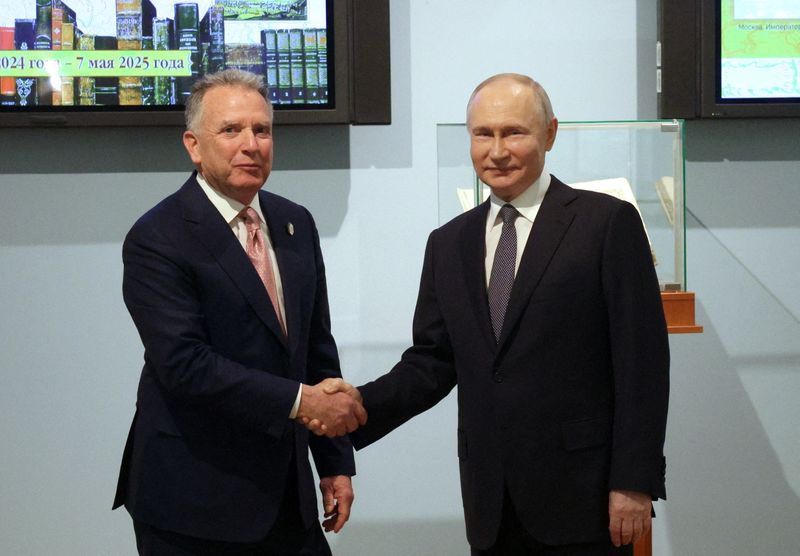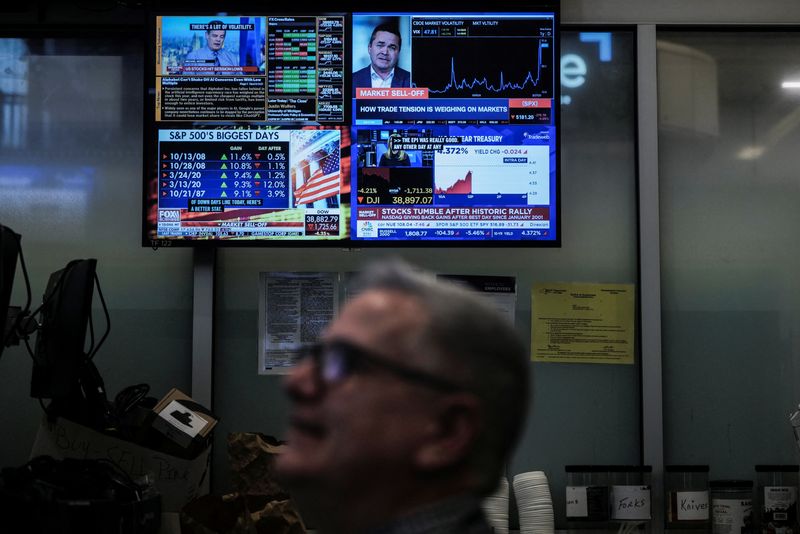What is Inflation?
Inflation, in economics, represents the decline in the purchasing power of a specific currency over time. Every currency in the world inflates over time. Therefore, it results in a reduction of the purchasing power of the users of that currency. In contrast, some currencies also rarely deflate, which is the opposite of inflation. There are various types of inflation. However, most commonly, there are three classifications, demand-pull, cost-push and built-in inflation. Similarly, there are several indexes used to represent the inflation of a currency over time. Inflation can have both a positive or negative impact. However, it depends on the point of view of the user.What are Interest Rates?
Interest rates refer to the margin charged by a lender when providing a loan to a borrower. The interest rate of a loan may depend on several factors. Similarly, the lender dictates the interest rate they charge on their loans. However, the Federal Reserve also provides a rate known as the ‘federal funds rate’. Most lenders base their interest rates on the federal funds rate. The interest rates that are prevalent in a country depends on the supply and demand of credit. Therefore, the higher the demand for credit is in a country, the higher its interest rates will be and vice versa. Similarly, the higher the supply for credit in a country is, the lower its interest rates will be as well. When the amount available to borrowers increases, the supply for credit increases. Due to the increased supply, financial institutions or lenders can provide more loans to borrowers. Therefore, as the supply for credit increases, it causes a decrease in the interest rates in the economy.How does Inflation affect Interest Rates?
The inflation prevalent in a country affects the rates of interest in it. The relationship between both is direct. When inflation in a country increases, the interest rates are also likely to follow a similar path. It is because lenders use interest rates to grow their purchasing power in the long-term. When the inflation increases, lenders will need to compensate for the increase in it by increasing their interest rates. For investors that have invested in bonds or other debt instruments, inflation can be detrimental. It is because inflation negatively impacts the purchasing power of a bond’s future cash flows. It relates to the time value of money concept. However, for new bond issues, the interest rates on those are likely to compensate investors for the increase in the inflation rates.Conclusion
Inflation and interest rates are two topics in macroeconomics that are often correlated. Inflation refers to the decrease in the purchasing power of a currency. On the other hand, interest rates represent the rates charged by lenders in the loans they provide. As inflation increases, the interest rates charged by lenders will also increase to compensate for it.Further questions
What's your question? Ask it in the discussion forum
Have an answer to the questions below? Post it here or in the forum




